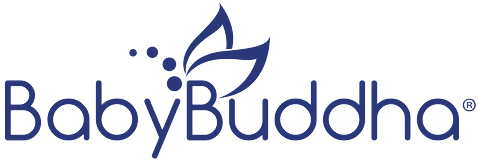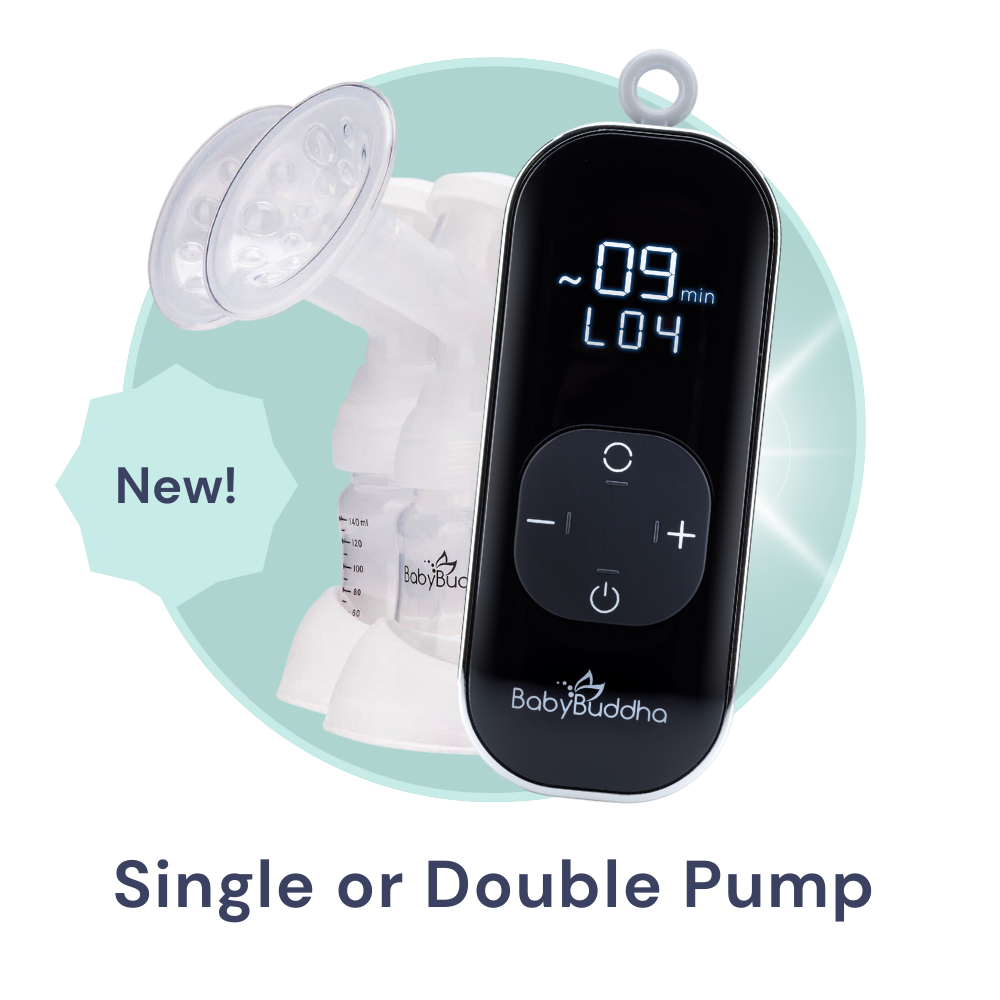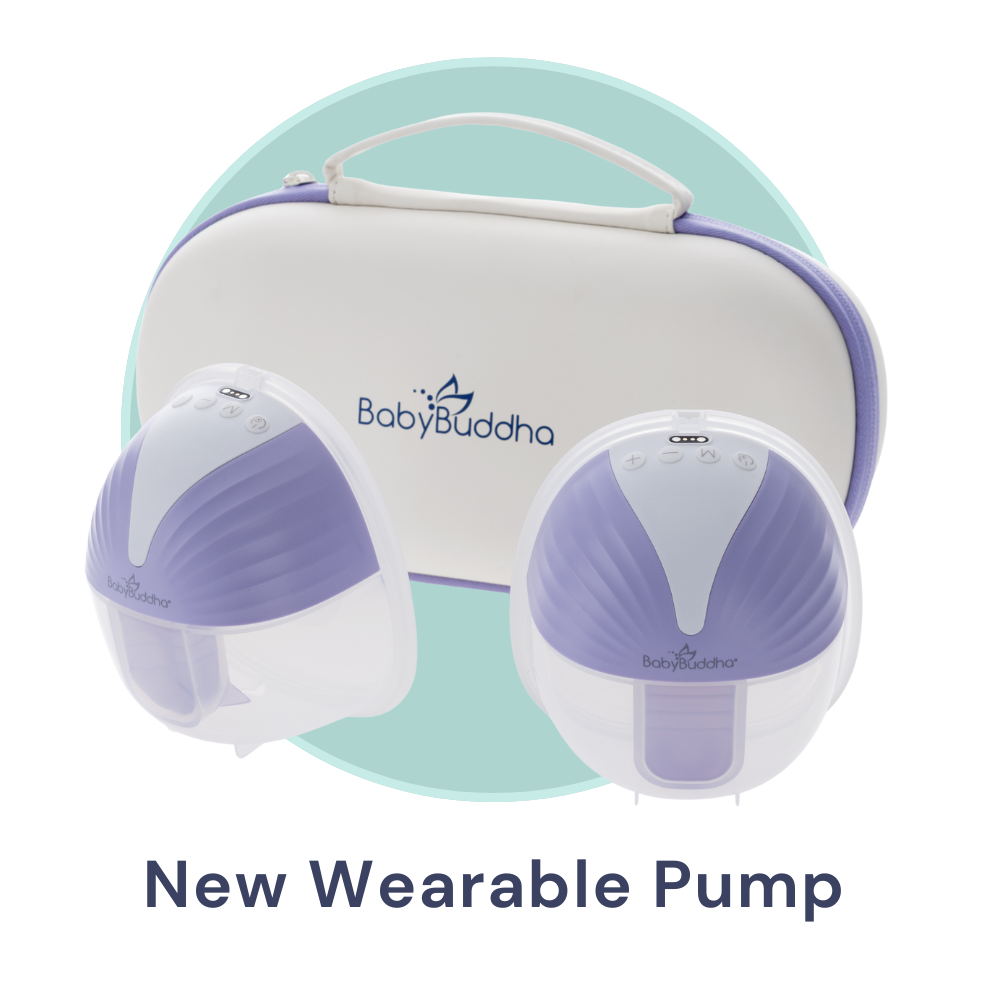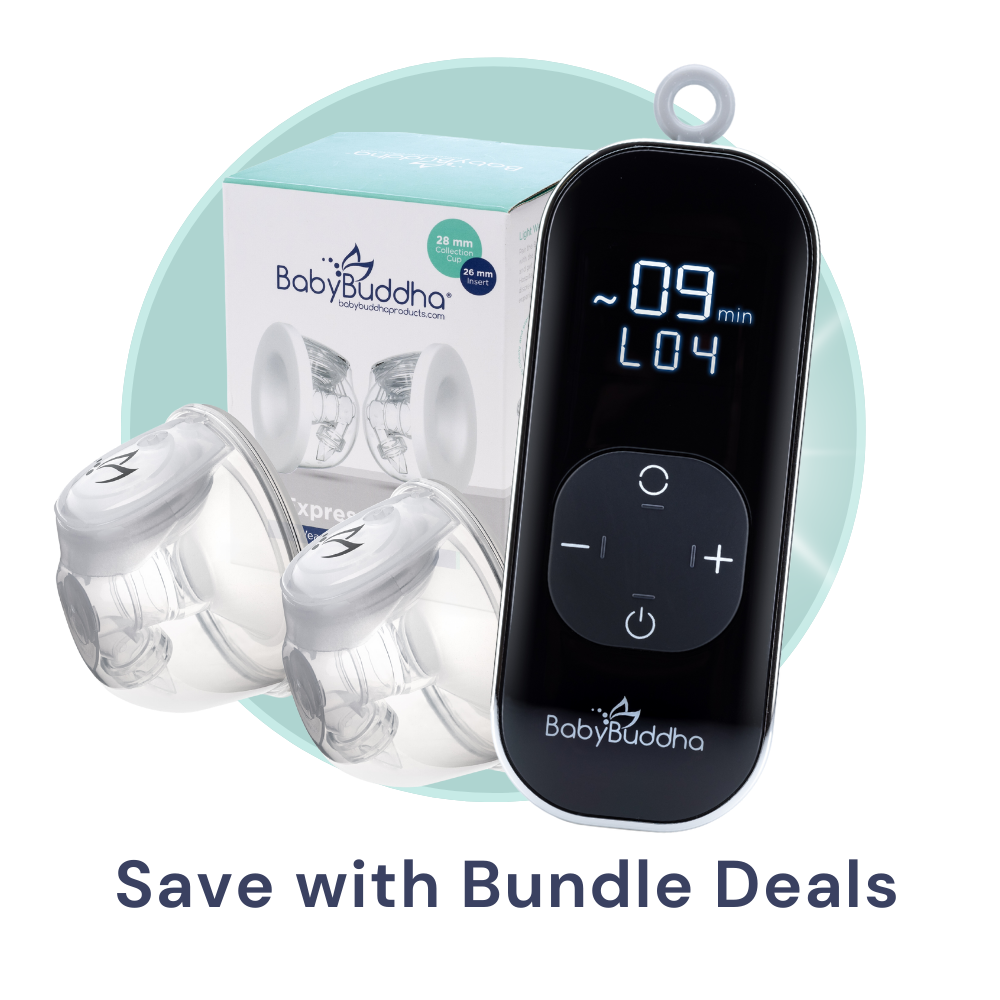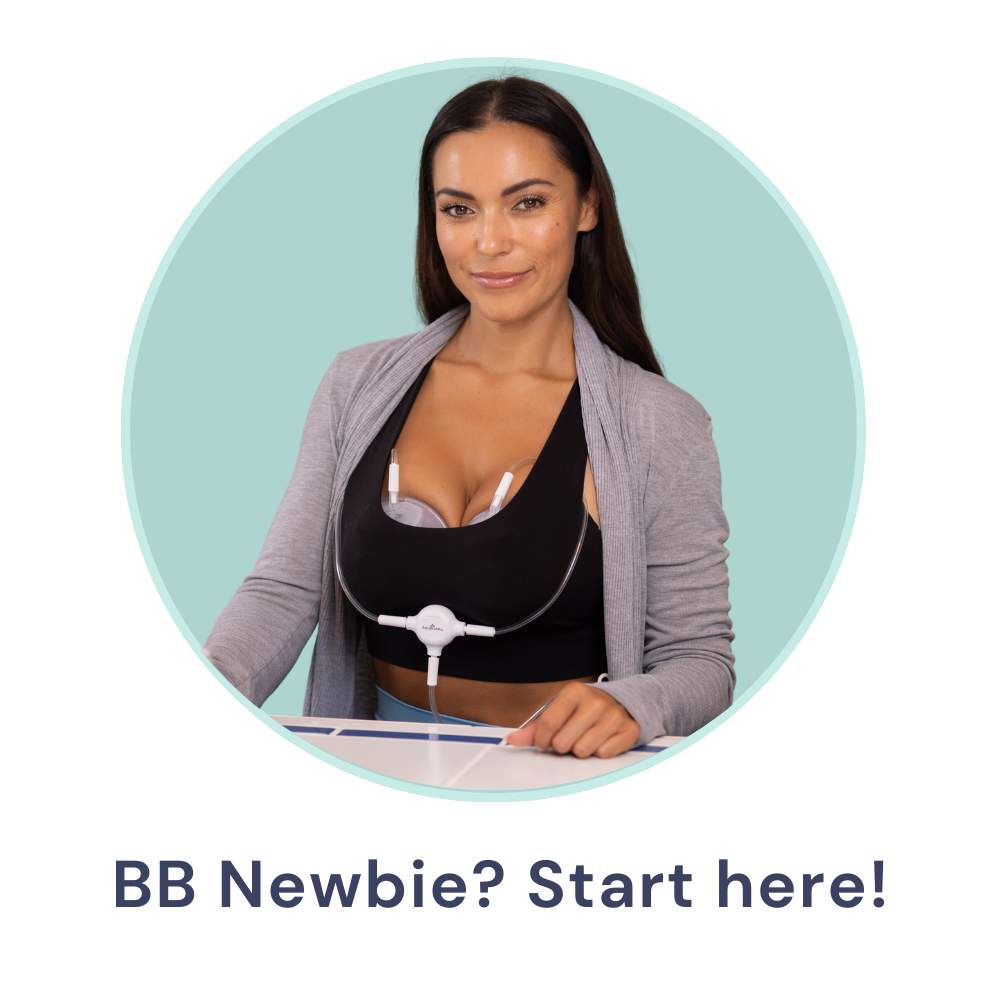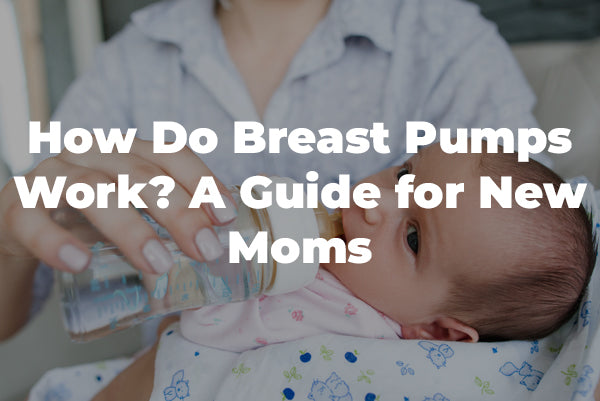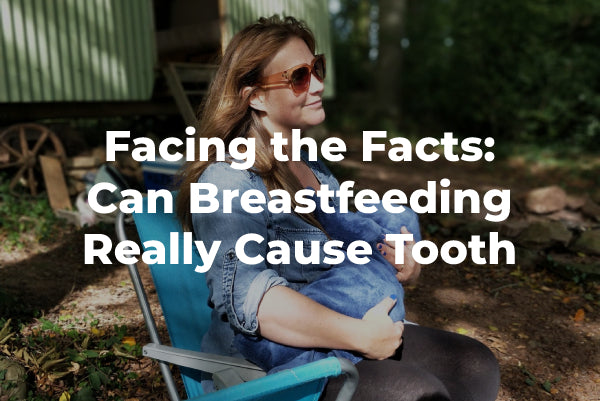Medically Reviewed By | Dr. Hope Lima, PhD, RDN, LRD, IBCLC
Can you pump before giving birth? When it comes to fitting breast pumping into a busy life with a new baby, find out what new moms want to know most 65-75% of lactating women suffer from breast engorgement.
Mothers who know know. The engorgement that comes with breast milk production is painful.
Unfortunately, some women start experiencing breast milk engorgement before they give birth. But, they're not sure about pumping before birth.
Many women wonder, "can you pump before giving birth?" Keep reading to find out.
Who Can Consider Pumping Before Birth?
A lot of pregnant mothers begin expressing colostrum long before it's time for them to give birth.
Colostrum is the first bit of milk that mammary glands produce when pregnant, and it is present as early as 18 weeks gestation! It is very nutrient-dense while being high in antioxidants and antibodies. Colostrum is important in helping build a newborn's immune system. In fact, many scientists refer to colostrum as "liquid gold."
Stimulating your breasts by expressing milk triggers oxytocin release, which can cause the uterus to contract. While it may not trigger labor in a low-risk pregnancy, it may do so in a high-risk pregnancy.
Here are some things that may categorize your pregnancy as high-risk:
- You've been told you have a high-risk pregnancy
- You've been told that you're at risk for pre-term labor
- You're carrying multiple babies
- You've been told to stop sexual activity throughout the rest of your pregnancy
- You've been experiencing bleeding during pregnancy
- You've been experiencing uterine pain during pregnancy
If any of these apply to you, you should avoid pumping before labor without consulting your OB/GYN or midwife.
“If you aren't able to pump and you are feeling discomfort or pressure in your breasts, you can use cool compresses to help relieve any inflammation,” notes Lactation Expert Dr. Hope Lima, PhD, RD, IBCLC.
When Can You Start Breast Pumping Safely?
One of the primary concerns with early milk expression is whether pumping is safe for pregnant mothers to do.
In fact, milk expression can release oxytocin which is a hormone that can stimulate the uterus. While this may sound scary, it isn't linked to premature labor. Other activities like sex and breastfeeding also release oxytocin and both are safe during pregnancy.
However, you should let your provider know if you start to experience some cramping in your uterus. This could be a sign that your body is over-producing oxytocin.
Who Should Consider Pumping Before Birth
Some physicians recommend milk expression before birth. If you have certain health conditions, you could benefit from pumping early.
Here are some of the most common conditions that may benefit from early milk expression:
- Gestational Diabetes
- Type 1 Diabetes
- Type 2 Diabetes
- Late-Onset Preeclampsia
If you have one of these conditions and your physician hasn't brought up expressing milk before birth, you can ask them about your options. They can look at the advancement of your condition and help you determine if it would be a safe and beneficial option.
Advantages of Pumping Colostrum Before Birth
Pumping early may help you build up a small amount of colostrum before the baby arrives.
Because of this, you'll be able to take advantage of several benefits:
- Your newborn will get more colostrum in their diet, which will expose them to more nutrients and immune support
- “In the event you are unable to breastfeed right away, you will have an option for providing human milk to your infant,” notes Lima.
- If your baby arrives early, they can receive the colostrum through a feeding tube to support their growth and immune function
- If you don't use the colostrum, you can donate it to other infants in need
When in doubt, ask your physician about what you're able to do. They can consider your medical conditions and determine if there is any risk with early pumping.
“If you and your provider decide that pumping is best for you, it is helpful to have a plan,” Lima notes.
The amount of colostrum you are able to express is likely to be small, so it can be helpful to gather it in syringes and freeze it. Then, when you are ready to have your baby, you can place these syringes in a freezer bag for transport to the hospital. When it's time to defrost the colostrum you can either store the colostrum in the fridge overnight or run the bag under some warm water. “Don’t forget to let your healthcare team know about the colostrum you have with you and your wishes for its use in the event you cannot breastfeed directly,” Lima adds.
“If breastfeeding goes well in the hospital, you can bring the frozen colostrum home with you for later use if necessary,” notes Lima.
Collecting the breast milk early can help you have a backup plan in case breastfeeding takes a while for you and/or your baby to get used to.
Can You Pump Before Giving Birth?
As with most medical advice, the short answer is that it depends on your personal case.
Your pumping timeline may change depending on your ideal milk delivery techniques and other personal preferences.
As you learn more about what your schedule after delivery looks like, you'll be able to build a schedule with pumping and saving.
For Women Who Are Primarily Breastfeeding
If you're planning on breastfeeding your child, you may not want to start breast pumping before birth. In fact, you may want to wait until your child gets his/her very first feeding.
As you and your child spend time together during breastfeeding, you'll develop a rhythm and gain a better perspective on whether or not having pumping as a part of your routine will be helpful. In the beginning, focus on recognizing your baby’s hunger cues and practicing latching before you worry about pumping. However, pumping may become useful later on if you're planning on incorporating bottle feeding.
Get the Breast Pumping Equipment You Need
If you're ready to start pumping before birth, you should collect all of the supplies early. At BabyBuddha, we can help you get all of the pumping items you need. From pumps to accessories, we can help with everything you need.
Check out our shop here.
